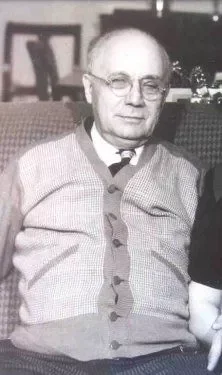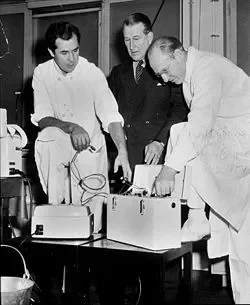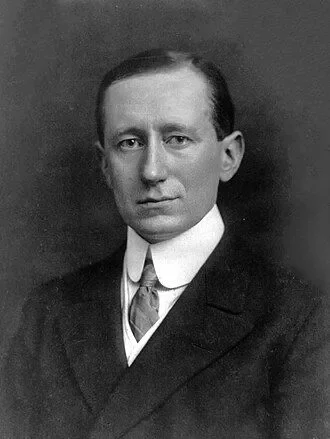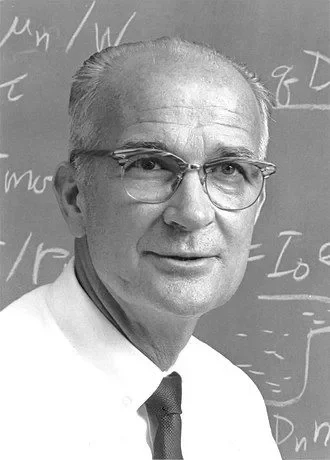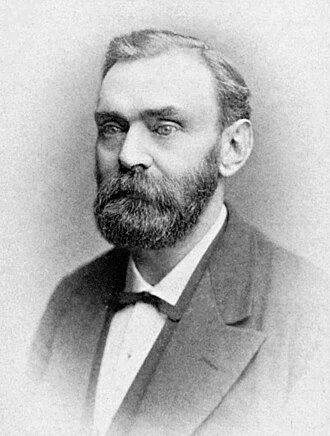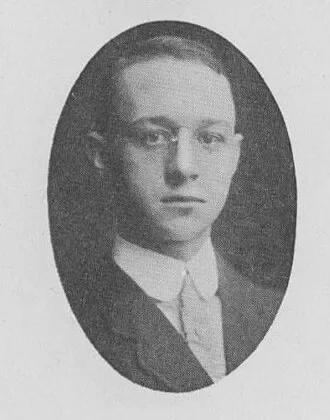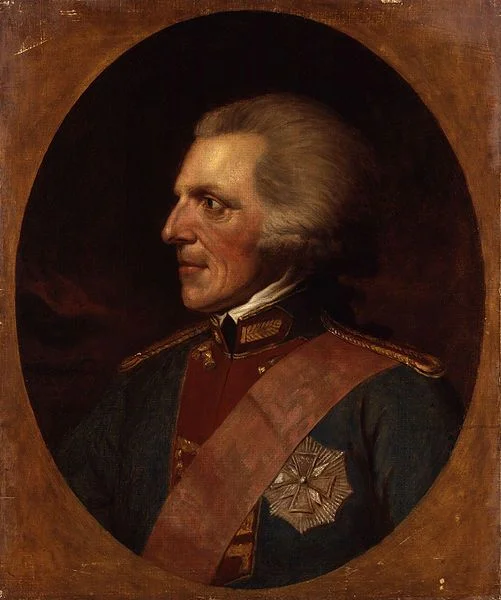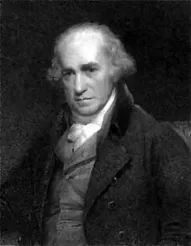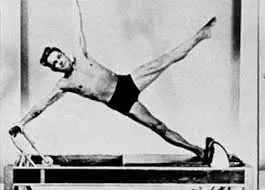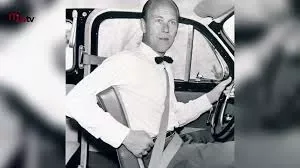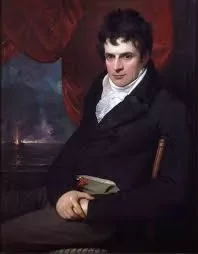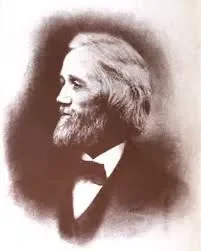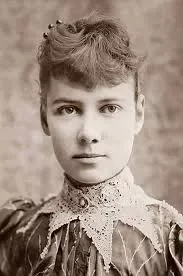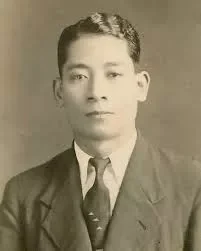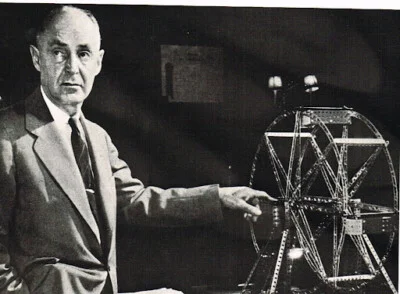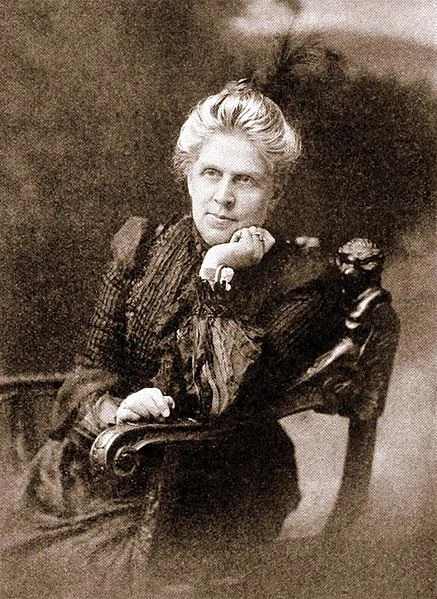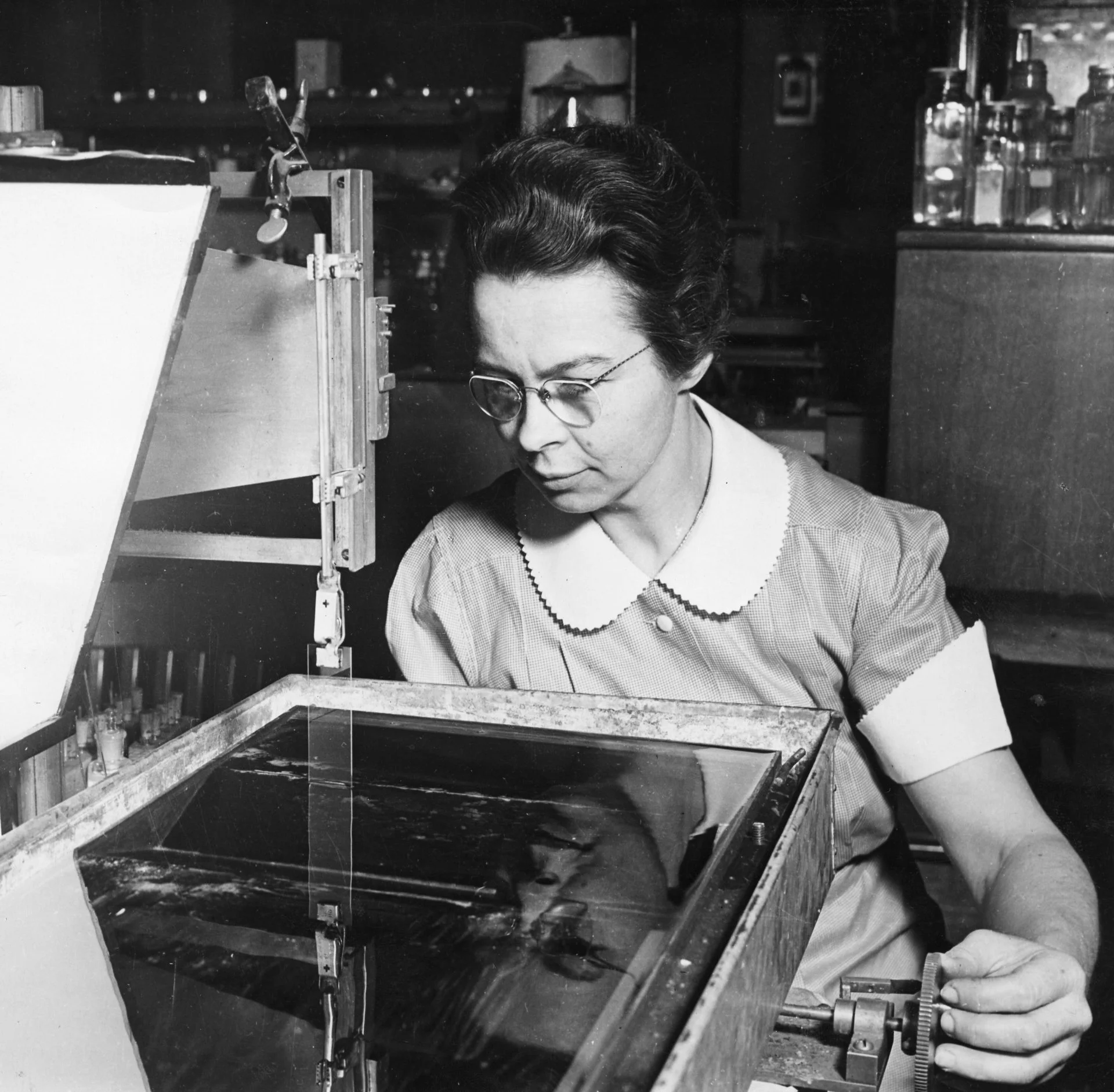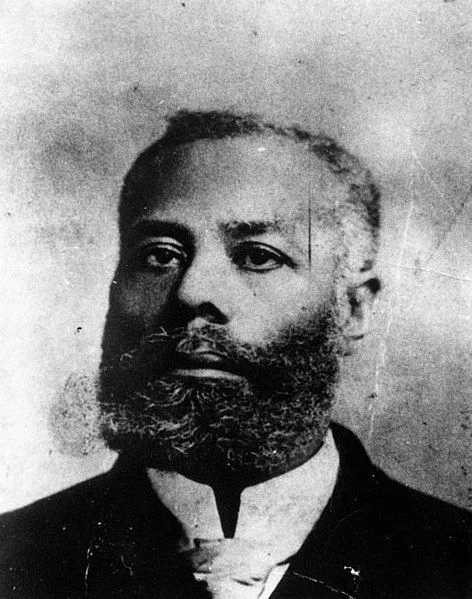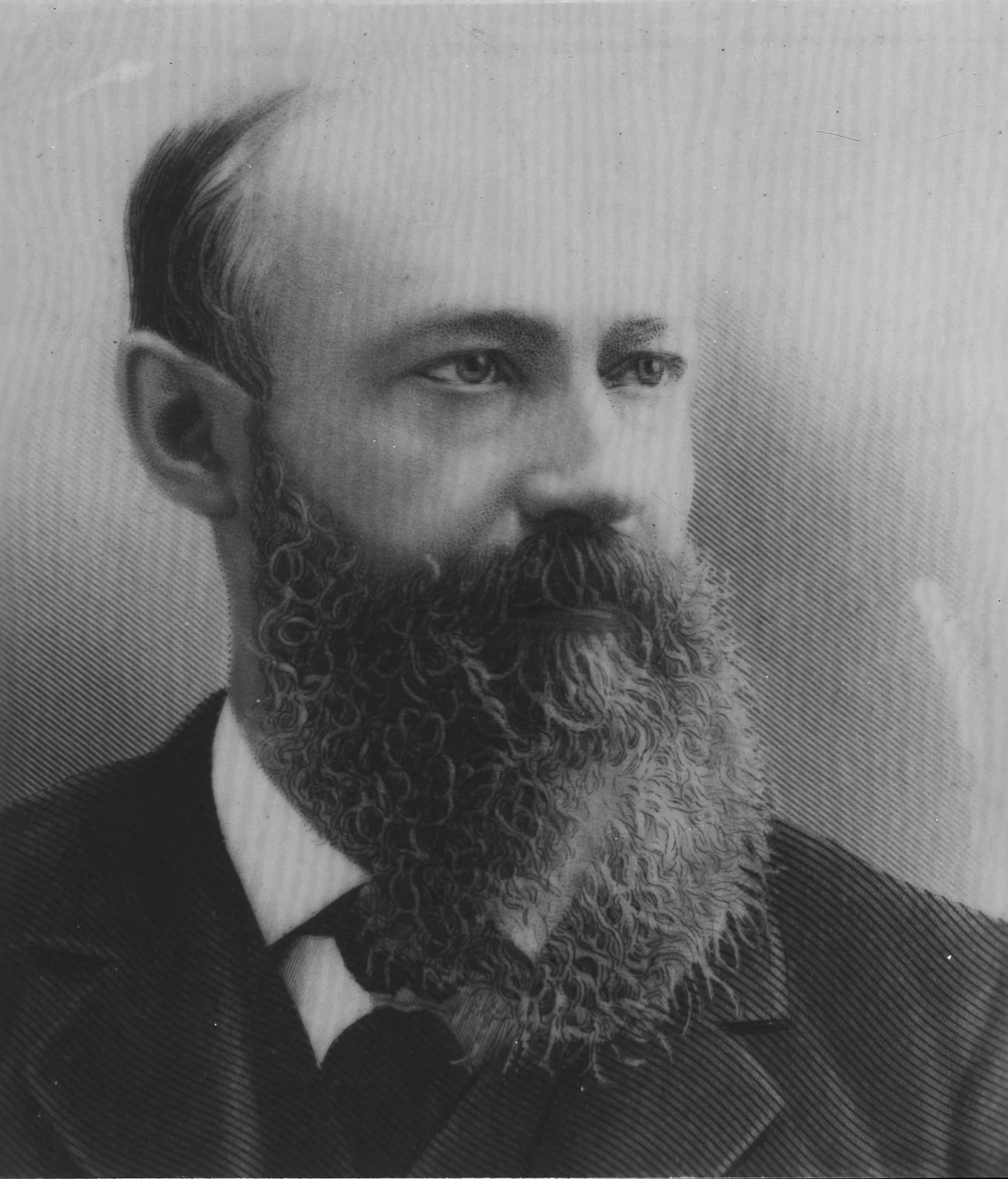Real Celebrities Never Die!
OR
Search For Past Celebrities Whose Birthday You Share
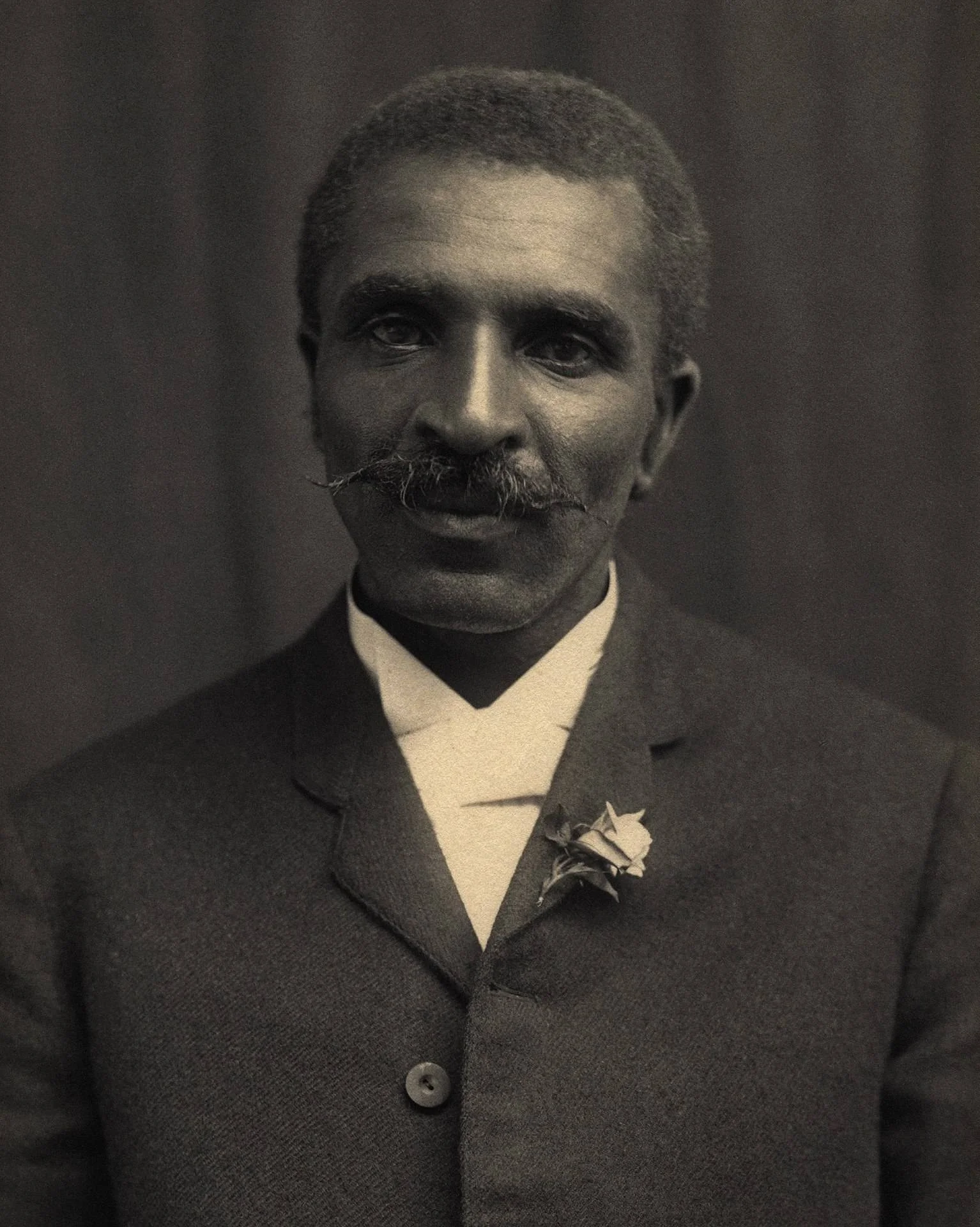
source: wikipedia.org
George Washington Carver
Birthday:
01 Jan, 1864
Date of Death:
05 Jan, 1943
Cause of death:
He fell from a flight of stairs
Nationality:
American
Famous As:
Agricultural scientist
Age at the time of death:
79
George Washington Carver's Quote's
Early Life and Interest in Agriculture
George Washington Carver was a renowned American scientist, researcher, and inventor who left an unforgettable legacy on the fields of agriculture, botany, and education. Carver was born into slavery but overcame insurmountable odds to become one of the most influential figures of his time. He brought a lot of economic prosperity to the South due to his groundbreaking work on crop rotation with peanuts and sweet potatoes.
George Washington Carver was born in Diamond, Missouri in 1864. He was interested in plants at a young age and began experimenting with pesticides and soil conditioners. With his interest to learn, Carver attended an all-black school in Neosho, Kansas at the age of 11 where his interest in botany and agriculture only continued to grow.
Education and Overcoming Racial Discrimination
Carver then attended Minneapolis High School in Kansas where he graduated in 1880. However, he faced a lot of racial discrimination, but he remained determined in his quest for knowledge as he enrolled in Simpson College where he studied under the guidance of Etta Budd. Etta Budd recognized Carver’s talent and potential and encouraged him to apply to Iowa State Agricultural School (now Iowa State University) where he started his research on plant diseases.
Master’s Degree and Career at Tuskegee Institute
Carver received his Master’s of Agriculture degree in 1896 and caught the attention of Booker T. Washington who was the leader of Tuskegee Institute in Alabama. Booker T. Washington was impressed by Carver’s expertise in agriculture that he offered him a tenure at Tuskegee Institute, which Carver accepted, thereby starting his five-decade-long tenure at the institute.
Balancing Roles as Educator and Researcher
Initially, Carver struggled to balance his responsibilities as an educator and a researcher. However, his unwavering dedication towards improving the lives of farmers made him a beloved figure among students and the local communities.
Revolutionary Work on Crop Rotation
Carver’s most significant contribution to agriculture was his work on crop rotation. He quickly recognized the harmful effects of continuous cotton farming on soil fertility and advocated for the cultivation of nitrogen-fixing crops like peanuts, soybeans, and sweet potatoes. By rotating these crops with cotton, farmers could replenish the soil’s nutrients and increase yields.
Peanut-Based Inventions and Economic Impact
Carver’s innovative ideas on crop rotation not only transformed farming practices but also led to the development of over 300 food, industrial, and commercial products from peanuts. His research and inventions ranged from edible products like peanut milk and cooking oils to non-food items such as stains, dyes, and wood stains. Carver’s peanut-based inventions revolutionized the agricultural industry and provided economic opportunities for farmers in the South.
Jessup Wagon and Spreading Agricultural Knowledge
To spread his agricultural knowledge, Carver designed the Jessup Wagon in 1906 to travel to rural communities and demonstrate soil chemistry and teach farmers sustainable farming techniques.
Faith and Service
Outside of his agricultural work, Carver emphasized the importance of faith and service. His profound religious convictions guided his work and interactions with others. Carver believed that through the pursuit of knowledge and the application of science, individuals could better understand and appreciate the natural world.
Legacy and Continuing Inspiration
Carver’s remarkable legacy continues to inspire generations of scientists, researchers, and innovators. His pioneering work
Name:
George Washington Carver
Popular Name:
George Washington Carver
Gender:
Male
Cause of Death:
He fell from a flight of stairs
Spouse:
Place of Birth:
Diamond, Missouri, U.S.
Place of Death:
Tuskegee, Alabama, U.S.
Occupation / Profession:
Personality Type
Logistician: George Washington Carver was known for being logical. He would always think before he acted and would always analyze the effect of his actions.
Carver came up with the sustainable farming practice of planting peanuts in rotation with cotton since peanuts add nutrients to the soil.
Carver helped popularize peanut butter but he never invented it.
George Washington Carver became the first African American to enroll at Iowa State University.
George Washington Carver became the first African American to have a national park named after him.
He advised Mahatma Gandhi on matters of agriculture and nutrition.
George Washington Carver won the Roosevelt Medal
He was awarded the Fellow of the Royal Society
He was awarded the Springarn Medal in 1923
He won a Humanitarian Award

